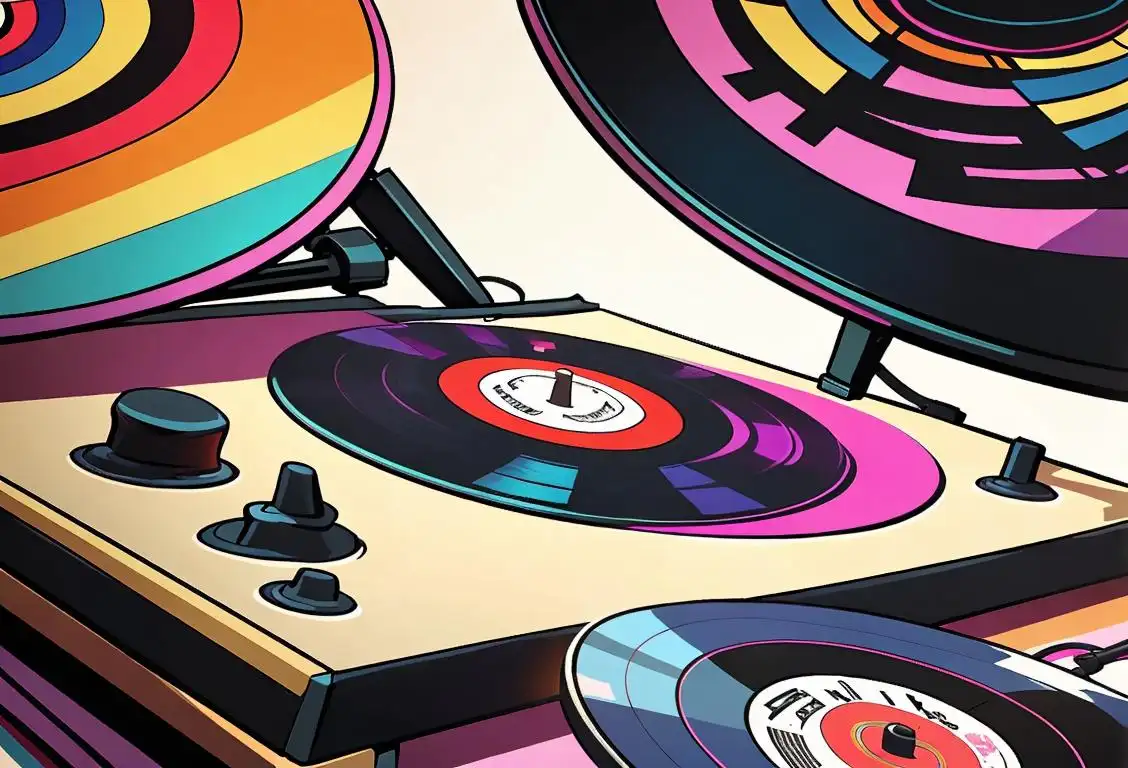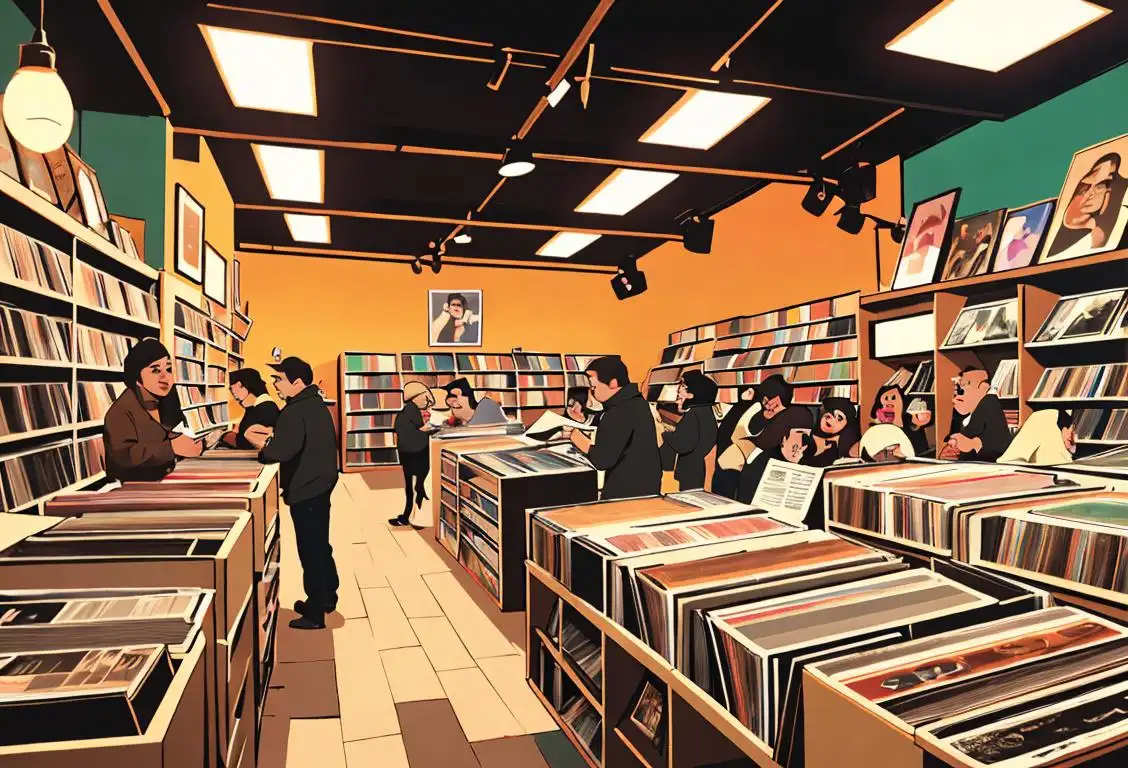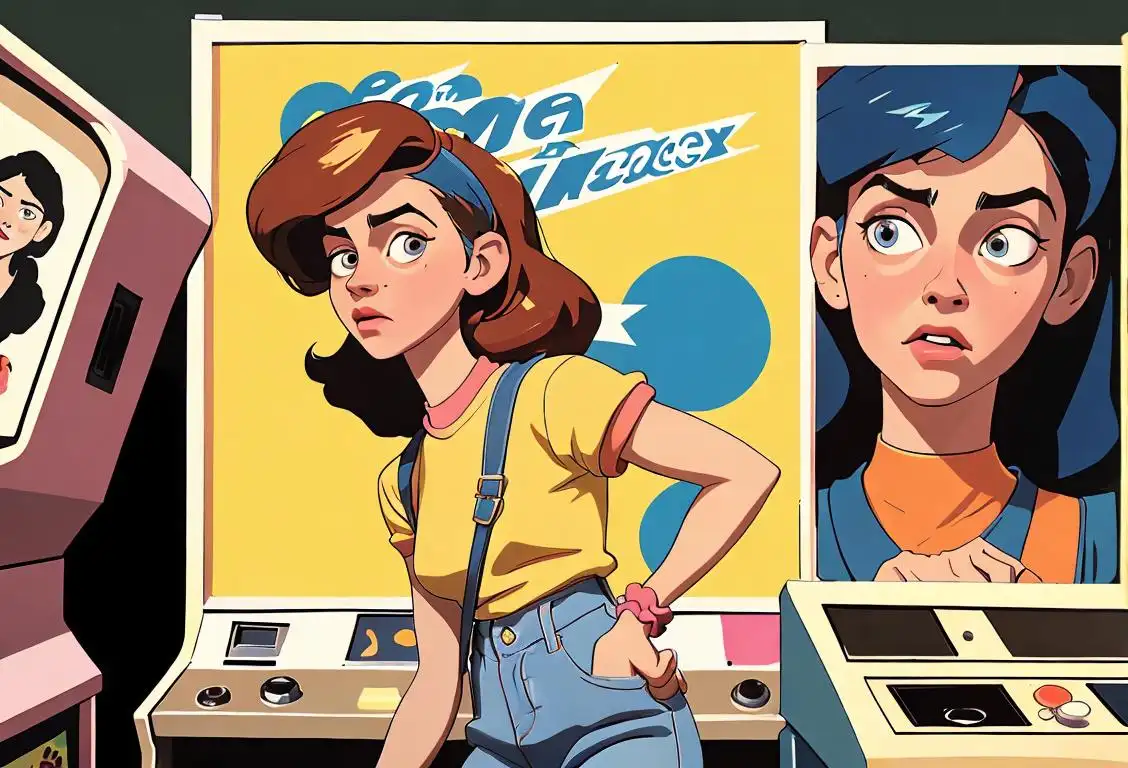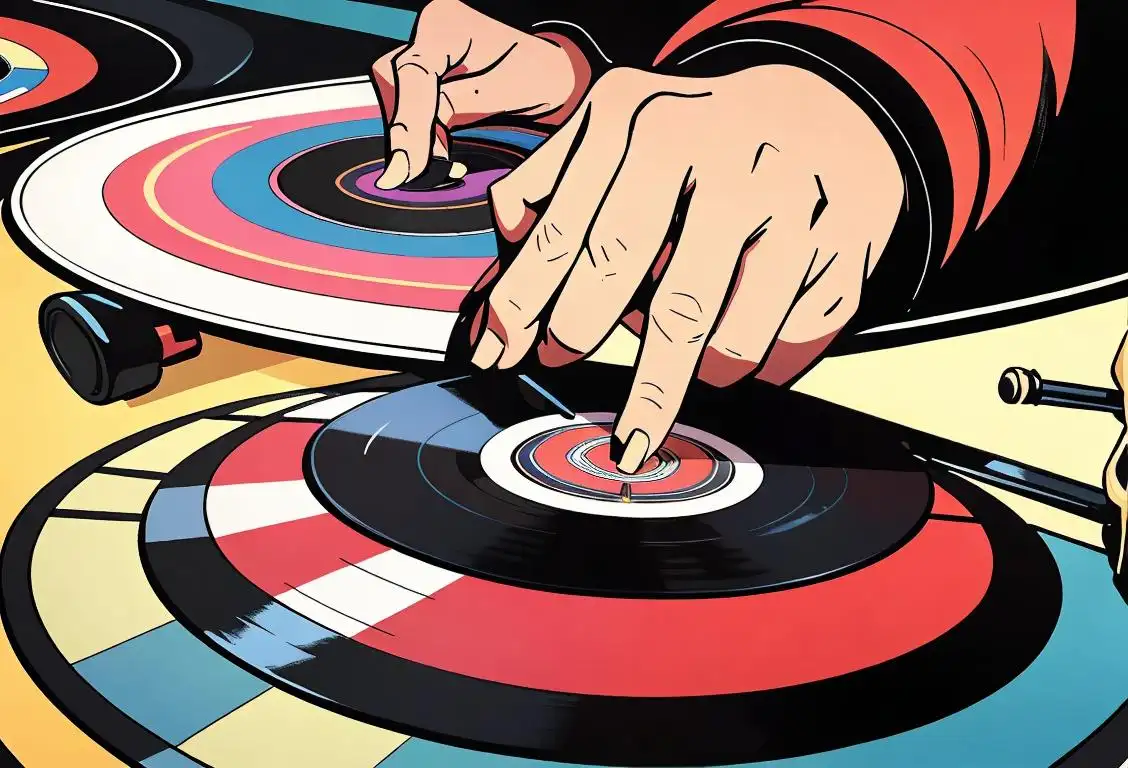National Eight Track Day
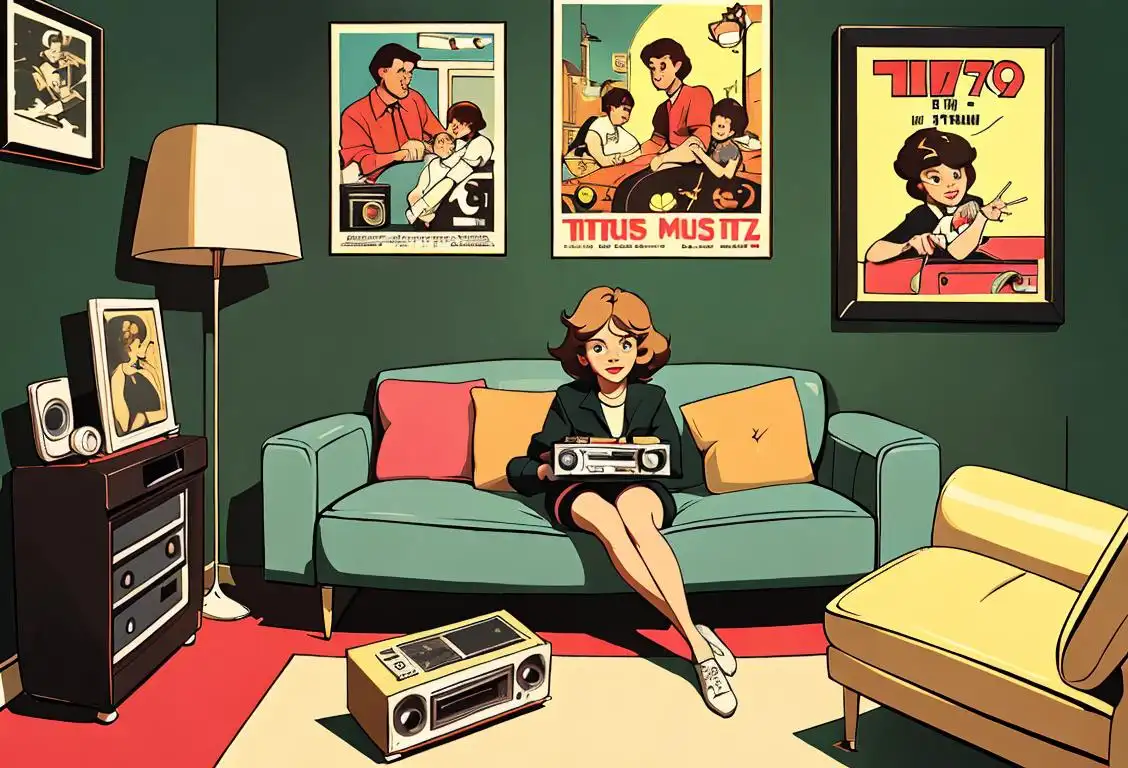
Hey there, music enthusiasts! Get ready to take a trip down memory lane as we celebrate National Eight Track Day. Strap in, turn up the volume, and let's rewind to the groovy days of the '70s.
When is Eight Track Day?
It's national eight track day on the 11th April.
The Rise and Fall of the Eight Track
In the ever-evolving world of music technology, the eight track cartridge holds a nostalgic place in our hearts. Developed in the 1960s, the eight track was a magnetic tape sound recording format that became wildly popular in the 1970s. With its portability and ability to play continuously, it revolutionized how we enjoyed our favorite tunes.
The eight track cartridge was designed to fit in car stereo systems, allowing drivers and passengers to jam to their favorite hits on the road. It quickly became the go-to format for music lovers everywhere.
However, as with all good things, the eight track's reign was short-lived. It faced stiff competition from the more compact cassette tape and eventually made way for the rise of the CD.
Remembering Eight Track Day
On this National Eight Track Day, let's take a moment to appreciate the unique charm of this iconic music format. Dust off your old eight track tapes, reminisce about the days of manually flipping the cartridge to change the tracks, and revel in the delightfully retro sound quality.
Did You Know?
Did you know that the eight track cartridge was initially marketed as the "Stereo 8"? It was a clever name, but let's be honest, it wasn't the catchiest. Thankfully, the name "eight track" stuck, and here we are celebrating National Eight Track Day!
History behind the term 'Eight Track'
1949
Magnetic Tape Recording
In 1949, the concept of magnetic tape recording was introduced. Magnetic tape allowed for the storage and playback of audio signals. This was a significant development in the field of audio technology, as it provided a more efficient way to record and store music.
1964
Eight Track Cartridges
In 1964, eight track cartridges were introduced. They were compact tape cartridges that contained a continuous loop of magnetic tape. Each cartridge had four stereo tracks, which allowed for the playback of up to eight different audio tracks. These cartridges were primarily used in car audio systems and became popular in the 1970s.
1965
Merging Stereo and Magnetic Tape
In 1965, engineers from the Lear Jet Corporation and Ampex Corporation collaborated to develop the eight track cartridge system. The goal was to create a system that could combine the stereo playback capabilities of magnetic tape with the convenience of a cartridge format. This collaboration led to the creation of the eight track cartridge, which quickly gained popularity in the automotive industry.
1966
Commercial Release
In 1966, the eight track cartridge system was commercially released by Lear Jet Corporation under the brand name 'Stereo 8'. It was initially marketed as a revolutionary way to enjoy music on the go, particularly in cars. Due to its convenience and compatibility with automotive audio systems, the eight track format quickly gained popularity and became a dominant audio format in the 1970s.
1984
Decline of Eight Track
By the mid-1980s, the eight track format started to decline in popularity. The advent of more advanced audio technologies, such as cassette tapes and eventually CDs, offered superior sound quality and smaller form factors. The limitations of the eight track format, including its bulkiness and the awkward process of manually changing tracks, contributed to its eventual decline in the consumer market.
Did you know?
Did you know that the eight track cartridge was initially marketed as the "Stereo 8"?Tagged
nostalgia music retroFirst identified
11th April 2015Most mentioned on
11th April 2015Total mentions
12Other days
Jukebox Day
Eight Track Day
Cassette Day
Ipod Day
Record Store Natural Boobs Day
One Hit Wonder Day
Vinyl Record Day
Record Store Day
Retro Day
Vinyl Day





